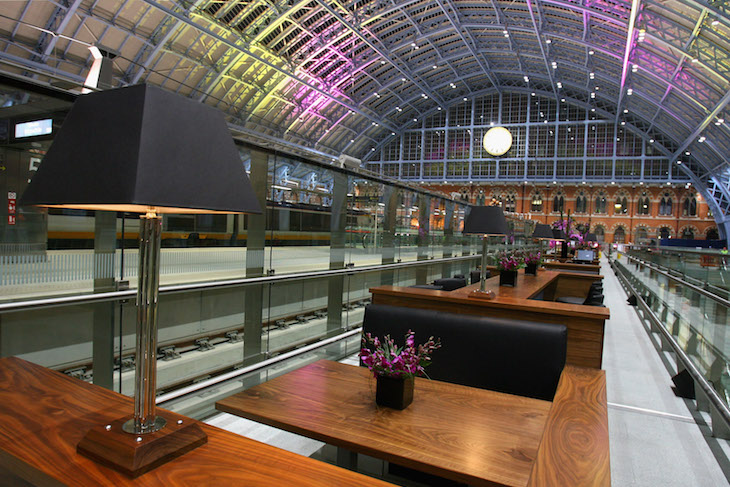There may be a very simple evolutionary reason why water does not really taste of anything, as I learned from the psychophysicist Mark Changizi. Pure water has no taste because our taste buds have been calibrated, very sensibly, not to notice it.
For a few million years, the most important contribution taste buds made to survival were to detect things in water that weren’t water: the very things, in short, which might indicate that the water wasn’t safe to drink. If we had evolved perception so that water tasted like Rioja or Dr Pepper, the sensory overload might have overpowered that hint of dead sheep from a rotting carcass 100 yards upstream: our taste buds are calibrated with water as the base line, the better to notice things which shouldn’t be in it.
In the same way, we often ignore information which is normal and expected and derive the most meaning and significance from things which are unusual, unexpected or superfluous. It’s why a lot of advertising focuses on seemingly irrelevant details: as any poker player knows, it is often the tiny clues which reveal the most.
When the renovated St Pancras station reopened, there was a very clever PR campaign which did not talk about trains at all: instead, it trumpeted that the station contained ‘the longest champagne bar in Europe’. This seemingly irrelevant fact led to thousands of people visiting the station as a destination in itself. The V&A once promoted itself as ‘An ace caff (with quite a nice museum attached)’.
The criteria we use to judge a service may be altogether different from what seems important to the person who provides it. Often modern technologists fail to recognise this. At their worst, they take some existing operation, define its function very narrowly, strip it of anything not essential to this one function and then engineer an automated replacement, thereby destroying what we valued about its predecessor. An automatic door is no substitute for a hotel doorman because the role of a doorman encompasses functions beyond opening the door, such as recognition, security and signalling the status of the hotel.
In the same vein, Silicon Valley types often assume that most shopping will take place online 20 years hence because they have ignored the wider context in which people shop. Generally, a shopping trip will accomplish a range of goals (meeting friends for coffee, dropping off dry-cleaning, getting your hair cut), many of which cannot be replicated on a screen. If you define shopping as ‘the utilitarian purchase of a single thing by a lone individual’, then online shopping makes a great deal of sense: but it is very rare for people to leave the house, purchase one thing and return home. Once you realise the wider context in which shopping takes place, the prognosis for conventional retail looks a lot better.
This echoes a current debate in the advertising industry. Many billions of pounds of advertising expenditure have been shifted from conventional media, most notably newspapers, and moved into digital media in a quest for targeted efficiency. If advertising simply works by the conveyance of messages, this would be a sensible thing to do. However, it is beginning to become apparent that not all, perhaps not even most, advertising works this way. It seems that a large part of advertising creates trust and conviction in its audience precisely because it is perceived to be costly. It is the corporate equivalent of a luxury good. Something you buy to prove you have the resources to afford it. Efficient advertising is hence rather like practical lingerie: it does a job, but not the job it’s supposed to do.
Got something to add? Join the discussion and comment below.
Get 10 issues for just $10
Subscribe to The Spectator Australia today for the next 10 magazine issues, plus full online access, for just $10.
You might disagree with half of it, but you’ll enjoy reading all of it. Try your first month for free, then just $2 a week for the remainder of your first year.















Comments
Don't miss out
Join the conversation with other Spectator Australia readers. Subscribe to leave a comment.
SUBSCRIBEAlready a subscriber? Log in